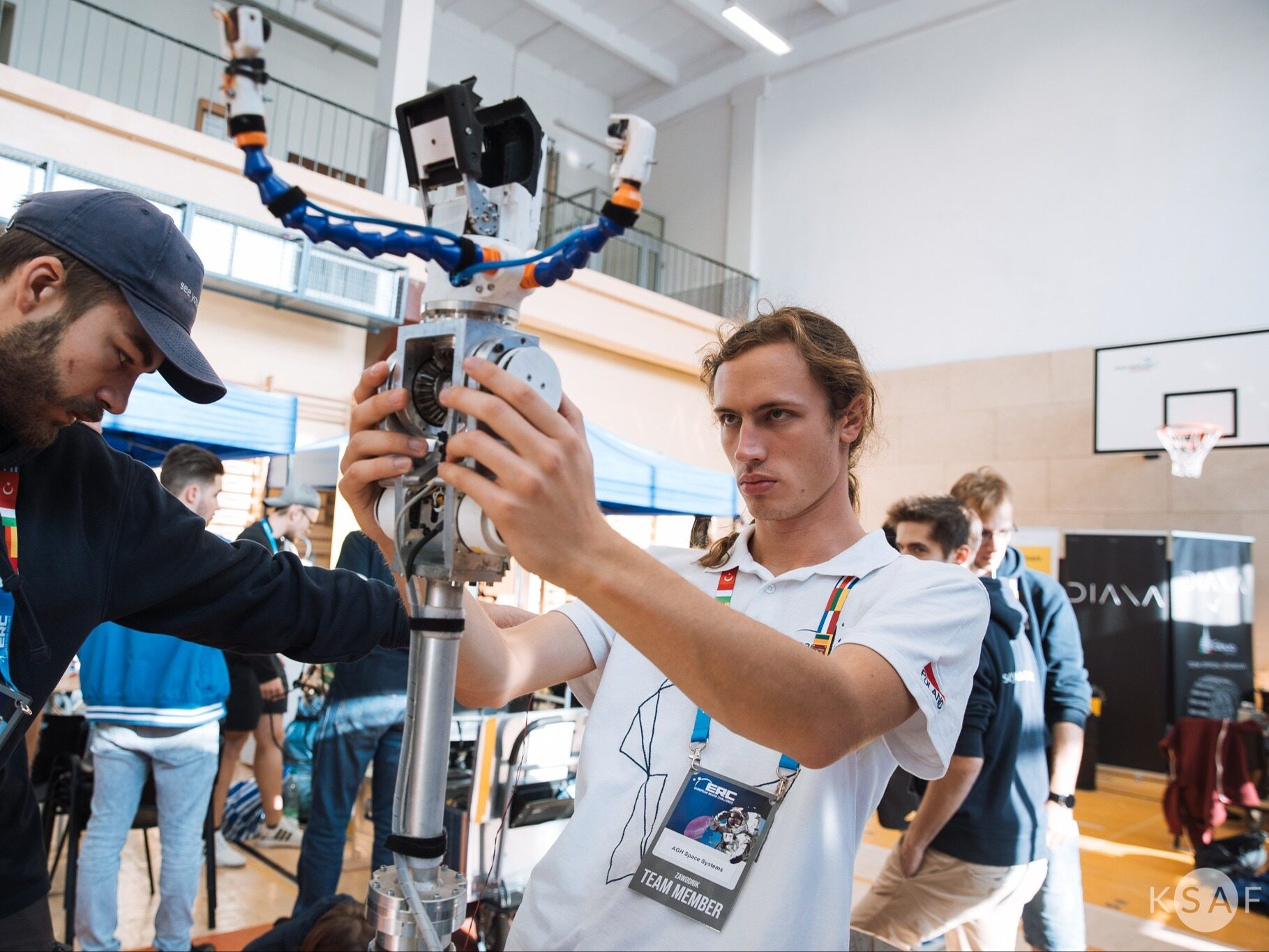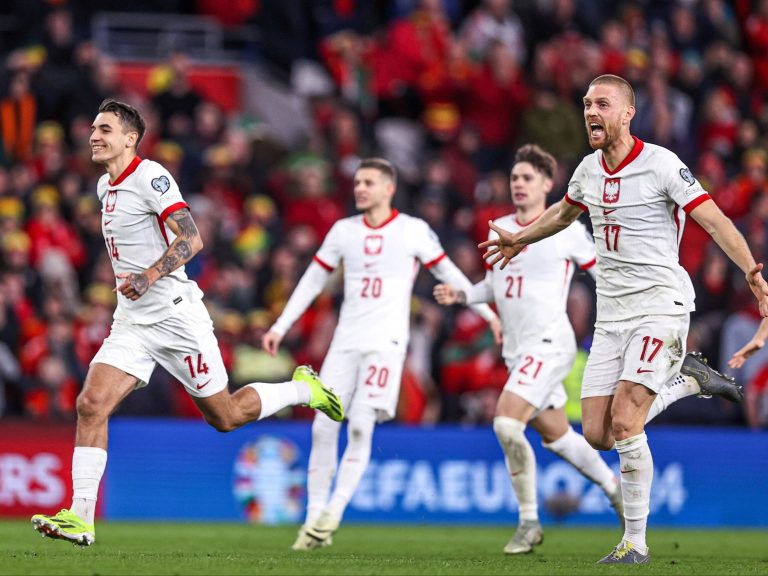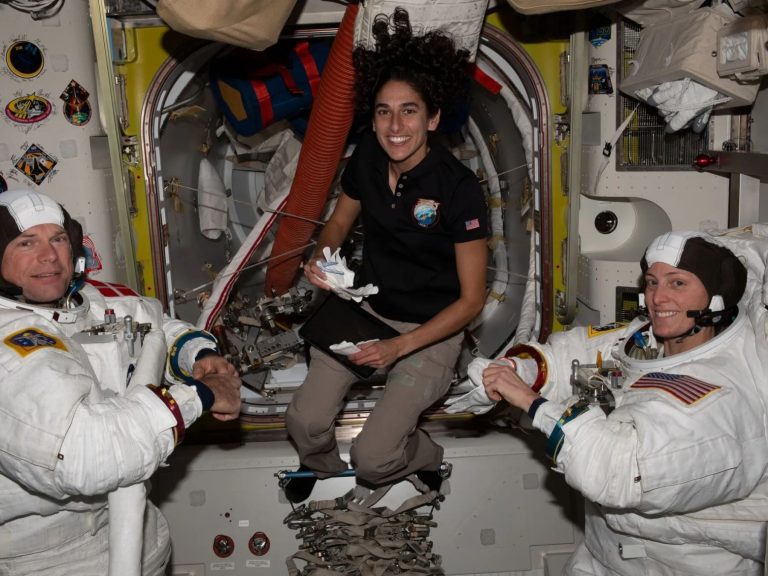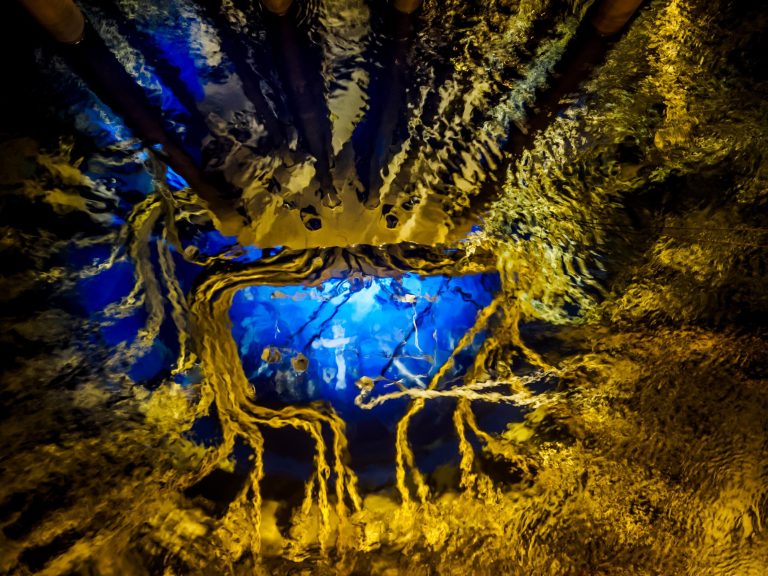Polish students build space rovers and rockets. “We seem to have a knack for robotics.”

– Participation in student science clubs is an opportunity that will never come again, to get involved in a cool construction project without really risking much, said Jakub Kopeć from the AGH Space Systems science club in the “People of Science” podcast. His team won the European Rover Challenge for the second year in a row.
In September, as part of the “Science is a Polish specialty” series, we deal with Polish science in the context of space exploration. An introduction to a scientific career in this field may be participation in the activities of scientific groups building Mars rovers or rockets, such as AGH Space Systems from Krakow. This year, the Kalman rover constructed by Krakow students won the European Rover Challenge in Kielce for the second time in a row.
In the latest episode of the “People of Science” podcast, we talk to Jakub Kopiec, a student of automation and robotics at the AGH University of Science and Technology in Krakow, currently the former chairman of the AGH Space Systems club, who managed its activities until the competition in Kielce.
We invite you to listen to the entire episode of the Wprost podcast “People of Science”:
The Kalman rover has been in development for years
Jakub Kopeć in an interview with Wprost revealed that after the fierce competition, the team still cannot believe that they managed to defend the title. This would not have happened without many years of work on Kalman.
– Our Kalman rover is a structure that we have been developing as a team for six years – he points out. – This is a lot, because there are teams that create a new rover from scratch every year. We took a slightly different approach and improved it iteratively, i.e. we focused on a modular design of this robot. This allows us to replace individual modules without having to rebuild the entire rover. This is a very practical approach, because if something doesn’t work, replacing the module with a previous, proven version is a very quick process, he adds.
The rovers team at AGH Space System is divided into four main sub-teams. – These are mechanics, electronics, software and science – says Kopeć. – To put it very simply, mechanics are responsible for ensuring that when the rover falls over, it can be put back on its feet and continues to drive. For everything that needs to be durable. Electronic engineers are responsible for everything where electricity flows and for everything that lights up. Programmers make sure that we can control it, for everything that cannot be seen, i.e. for all the rover’s software. The science team, in turn, consists of our scientists who make sure that we can tell during the competition whether there is life somewhere or what kind of stone it is. Besides, we also treat them as heads of the on-board laboratory. They tell us what they would like to have in this laboratory and how they would like it to work. And here comes the role of the other three teams to build this laboratory – explains the former head of the group.
“We acquire hard and soft skills”
Jakub Kopeć admits that Polish universities are strong in rover competitions. – I think we have a knack for robotics. Such student science clubs are a very cool thing that operate at various universities. The wheels build robots, rockets, planes, boats, really various things. And in fact, it is popular in Poland – emphasizes the AGH student.
He also points out that participating in scientific clubs is a very interesting thing to do during studies. – This is an opportunity that will never come again to get involved in some cool construction project without really risking much. Because the whole idea of science clubs is to learn skills that we would have to learn later in life anyway, and if it weren’t for science clubs, we wouldn’t have had the opportunity to gain this experience so early, he adds.
And what are these skills? – These are both soft skills and hard skills. And what’s great here is that everyone can do what they like and what they want, says the former head of the AGH Space Systems group. – I strongly encourage each of my colleagues who asked me about it to participate in the research club, because these are teamwork skills, skills in working on a project that consists of many different elements, as well as organization skills – he adds, pointing out that There are approximately 35 people in the rover construction team. – And this is a number that simply cannot be handled in such a way that we meet once in a while and do something together. Here we must divide into smaller teams, and these smaller teams must cooperate with each other. In the club, we learn how to organize work in this way, he emphasizes.
Rovers, rockets, balloons…
There are just over 100 members in the AGH Space System club, and the group itself is divided into sections dealing with rovers, rockets and stratospheric balloons. The university provides laboratories and workshops for the clubs.
– Our club also has a thriving marketing and logistics section. These are people who support the technical sections and promote the club. One of our missions is also to popularize science in Poland among our colleagues and among people younger than us. And this is what the marketing section takes care of, says Jakub Kopeć.
The marketing and logistics section is also trying to obtain financing for individual projects of the club. – As a group, we submit various applications for grants. These are grants from our university and the Ministry of Education and Science. We are also working on acquiring private sponsors. And here, people from the marketing and logistics sections are responsible for writing grant applications and settling them, or for talking to sponsors, says Jakub Kopeć. – However, technical sections are also needed in this process, because they are responsible for describing what we want to do. They must describe the substantive part of grant applications, he adds. – As a student club, we could not develop without this support from private companies, people, universities and the ministry – emphasizes the AGH student.
A ticket to the space industry?
Part of the experience associated with the activities of scientific clubs also includes traveling to competitions and meeting students who share similar passions and come from various places around the world.
– It’s a very nice environment and you can meet very nice people. During competitions, it is natural for people from other teams to approach our rover or for us to approach other teams’ rovers and simply talk to each other. We show each other what solutions we used in our rovers and the ideas we had, says the former chairman of the group. – And it’s great that others learn from our ideas and our mistakes. We, in turn, learn from the ideas and mistakes of other teams. And this is the whole idea of these competitions and scientific groups, to gain this experience – he emphasizes.
Jakub Kopeć also believes that activity in scientific circles can be a ticket to the space industry. – When we talk to various representatives of companies or other organizations, we see that these are people who associate students, research groups and people who are involved in these groups. These are acquaintances that can actually bear fruit later, says the AGH student. – We also see from our former members that they set up their own companies, their own startups, which then become more or less recognizable somewhere in this environment. But being active in a scientific club in this industry already during your studies can certainly help you a lot at the beginning of your own business – he points out.






